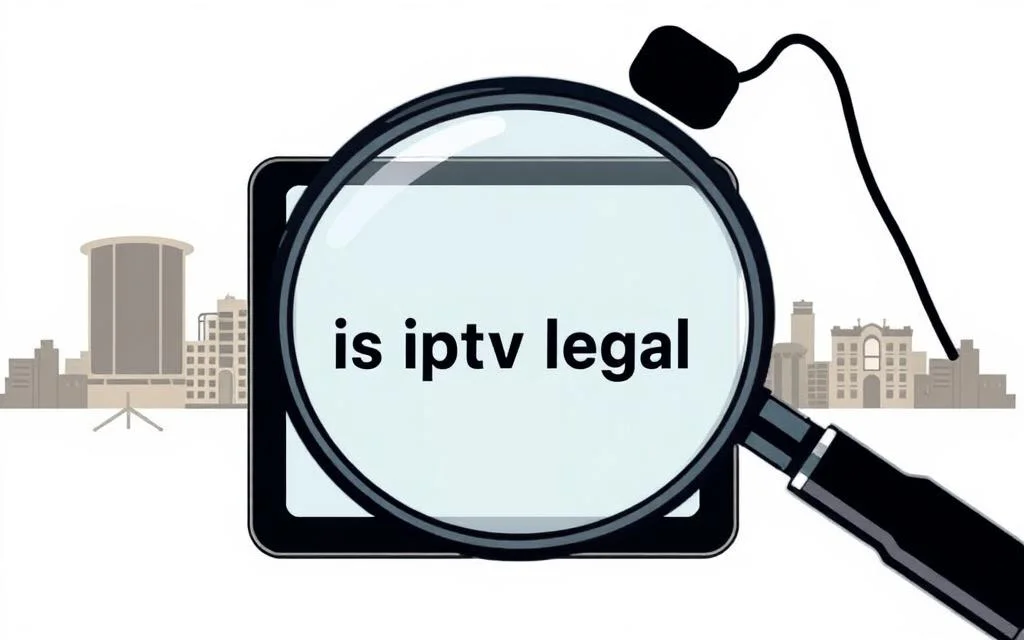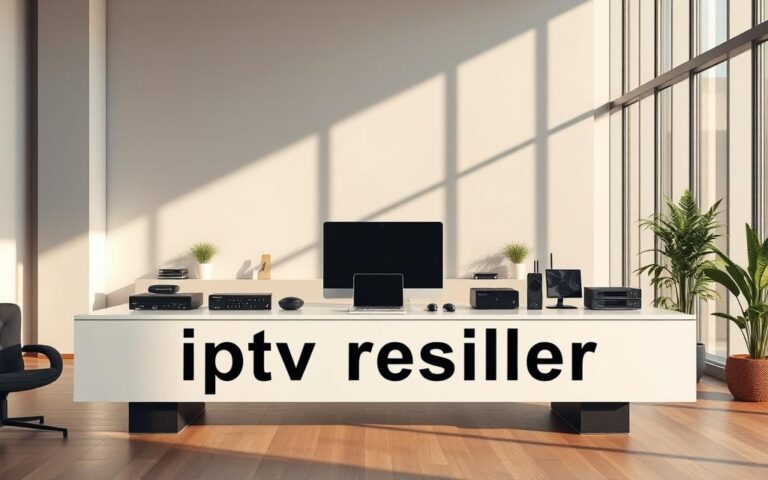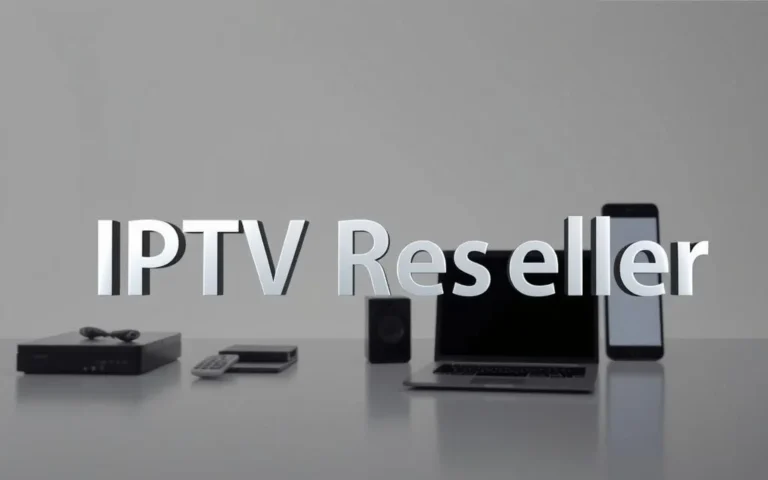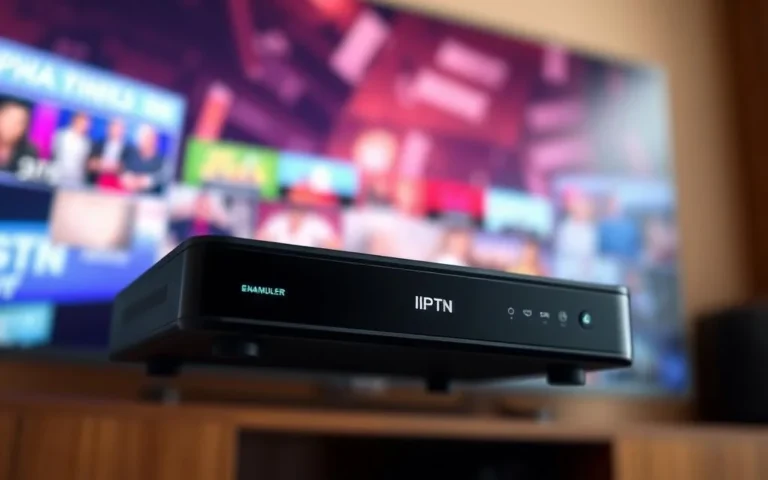is iptv legal ?
Have you ever wondered if that incredibly affordable streaming package offering thousands of channels is too good to be true? The world of television has shifted dramatically, moving from cable boxes to internet-based streams. This change brings exciting possibilities but also significant confusion — many users find themselves asking, is IPTV legal? — and what actually constitutes a legitimate service.
Table of Contents
The technology that delivers television over the internet is perfectly valid and widely used. Major platforms like Fubo TV, Sling TV, Hulu, and YouTube TV operate with full authorization. They secure proper licenses from copyright holders to distribute their content. This makes their offerings completely above board.
However, the marketplace also contains unverified providers. These services often lack the necessary permissions to broadcast the channels they offer. This creates a gray area that can pose risks for viewers. Understanding the distinction between verified and unverified sources is crucial for a safe viewing experience.
This guide will clarify the landscape for you. We will break down how to identify trustworthy providers and highlight the potential pitfalls of unauthorized platforms. Your goal is to enjoy your favorite shows without worry, and we are here to help you achieve that.
Key Takeaways
- The core technology for internet-based television is legitimate and widely accepted.
- Authorization depends entirely on the service provider having proper distribution rights.
- Verified services like Hulu and YouTube TV operate with full permission from content owners.
- Unverified platforms function without licensing, creating potential risks for users.
- Knowing how to spot a legitimate provider protects you and supports content creators.
- Making an informed choice allows for a safe and enjoyable streaming experience.
Introduction to IPTV and Its Legal Landscape
Your television screen has undergone a quiet revolution, shifting control from broadcasters directly into your hands. This change centers on a powerful technology that delivers programming over the internet.
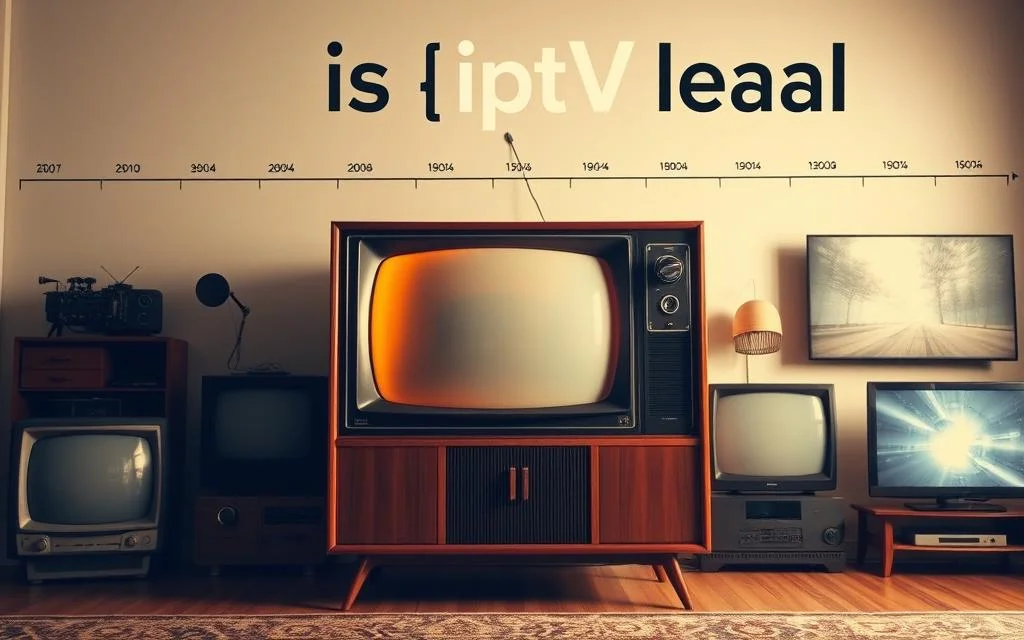
The Evolution of IPTV
Television has come a long way from scheduled broadcasts. The modern way you consume media offers incredible flexibility. This new method uses internet protocols to bring channels to your devices.
This technology transforms your viewing experience. You are no longer tied to a cable box or a specific broadcast time. Streaming content on-demand becomes the standard.
The table below highlights the key shifts from traditional television to contemporary services.
Traditional TV vs. Modern IPTV Services
| Feature | Traditional Television | Modern IPTV Services |
| Delivery Method | Cable or Satellite Signal | Internet Connection |
| Viewing Flexibility | Fixed Schedule | On-Demand Streaming |
| Device Compatibility | Dedicated TV Set | Smart TVs, Phones, Tablets |
| Content Library | Limited Channel Lineup | Vast On-Demand Catalog |
Debunking Common Legal Myths
A common misunderstanding suggests all internet-based television operates in a gray area. This is not accurate. Many providers secure full rights to the programming they offer.
Your enjoyment of this technology can be completely above board. The key lies in selecting services that respect copyright laws. Choosing verified platforms ensures a safe and high-quality experience.
What is IPTV and How Does It Work?
At its core, this modern television method relies on the same protocols that power the web. It transforms your internet connection into a direct pipeline for live television and on-demand video.
IPTV Technology Explained
Instead of broadcasting all channels at once, this system sends only the specific program you select. This efficient approach uses your bandwidth wisely.
Content travels in small data packets over your internet line. A compatible device then reassembles these packets into the seamless video you watch.
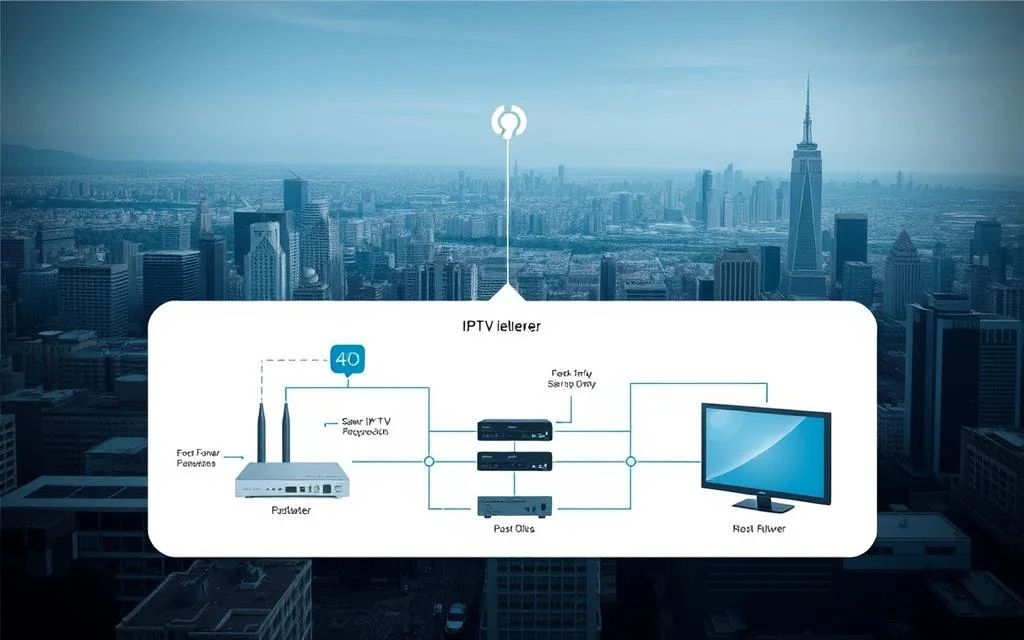
Streaming Mechanics and Compatible Devices
You can enjoy these services on a wide range of gadgets. Smartphones, tablets, computers, and smart TVs all work perfectly.
A stable internet connection is the most critical requirement. Your viewing quality adapts in real-time based on your network speed.
Many popular streaming sticks and boxes are fully compatible. This gives you tremendous flexibility in how you set up your entertainment system.
Legal IPTV Services: Licensing and Authenticity
Authentic streaming platforms distinguish themselves through transparent partnerships with content creators. These verified services operate with full permission from broadcasters and studios.
Verified Providers and Licensed Content
Reputable service providers like YouTube TV and Hulu + Live TV secure proper distribution rights. Their subscription fees reflect legitimate business costs for content acquisition.
These legal iptv providers maintain clear relationships with copyright holders. You can find them in official app stores with transparent pricing.
Global Legal IPTV Service Providers
| Region | Service Provider | Starting Price |
| United States | Fubo TV, Sling TV, YouTube TV | $40-$77/month |
| Canada | Helix, Bell Fibe TV, Rogers Ignite TV | $25-$60/month |
| International | OSN (UAE), IP Germany (Germany), JioTV (India) | Varies by region |
The Importance of Content Licenses
Proper copyright agreements ensure creators receive fair compensation. Your subscription supports the entire production ecosystem.
Content licensing forms the backbone of legitimate streaming services, protecting both creators and consumers.
These legal agreements give service providers distribution rights. They invest significantly in securing these permissions for your viewing access.
Choosing verified iptv providers guarantees quality content with full legal backing. Your entertainment experience remains secure and reliable.
Is IPTV Legal: Understanding the Legal Framework
The rules that determine what you can watch online stem from decades-old copyright protections designed for creators. This legal foundation ensures fair compensation for content producers while establishing clear boundaries for distribution.
Copyright Laws and Regulatory Acts
In the United States, the Digital Millennium Copyright Act serves as the cornerstone of content protection. Passed in 1998, this legislation requires providers to secure proper licenses before streaming copyrighted material.
The Protecting Lawful Streaming Act of 2020 significantly strengthened anti-piracy regulations. This law made illegal streaming a felony offense with potential prison sentences.
Canadian legislation follows similar principles through its Copyright Act. Both countries maintain robust frameworks against unauthorized distribution.
Understanding these regulations helps you distinguish between legitimate services and piracy operations. Licensed providers operate within this legal structure while unauthorized platforms violate copyright protections.
Your choice of streaming service directly impacts content creators’ rights. Selecting verified providers supports the entertainment ecosystem and ensures compliance with copyright laws.
Global Regulations: US, UK, Canada, and Beyond
Your location plays a critical role in determining which streaming services operate within the bounds of the law. Countries enforce copyright with different levels of severity and distinct legal frameworks.
Understanding these regional differences helps you make safer choices. It also shows why some providers cannot offer global access to certain channels.
United States Legal Landscape
American law combines the Digital Millennium Copyright Act with the Protecting Lawful Streaming Act. This creates a strong framework against piracy.
These laws focus on prosecuting unauthorized services. They ensure that legitimate providers can distribute content securely.
International Licensing Challenges
Other nations take a firm stance. The United Kingdom’s Digital Economy Act of 2017 allows for prison sentences of up to ten years.
Enforcement is active. A 2023 crackdown led to multiple arrests. Canada uses a system where internet companies send warnings to users.
Global actions continue. Germany sentenced four operators to prison in late 2024. Bangladesh shut down dozens of unauthorized platforms while approving legitimate ones.
This information highlights the importance of choosing verified services. Proper access to content requires respecting these varied international rules.
Risks and Consequences of Using Illegal IPTV
Behind the attractive pricing of unauthorized streaming platforms lies a web of potential legal and security problems. Many consumers focus only on channel count and cost without considering the serious implications.
Legal Repercussions and Fines
Choosing unverified providers exposes you to significant legal consequences. Authorities actively pursue both operators and consumers of illegal iptv services.
Recent enforcement actions demonstrate this trend. UK police issued mass warnings to suspected viewers threatening prosecution. Substantial fines and even imprisonment await those caught using illegal iptv in strict jurisdictions.
Security Threats and Privacy Concerns
Your personal information faces immediate danger with illegal services. These platforms often harvest data from whatever device you use for access.
Payment details provided to unauthorized providers may get sold to scammers. This puts your financial security at serious risk. Malware distribution through fake download links further compromises your devices.
The viewing experience with these platforms typically proves unreliable. Users encounter constant buffering and sudden service disappearances after payment.
Internet providers may detect your activity and issue warnings. Repeated violations could lead to service termination. The cumulative risks far outweigh any short-term savings.
How to Identify Illegal IPTV Providers
Navigating the streaming marketplace safely involves learning to identify red flags that signal potentially problematic providers. Several clear indicators help you distinguish authorized services from questionable operations.
Suspiciously low pricing represents the most obvious warning. When a service offers thousands of channels for minimal cost, it likely distributes content without proper licensing. Authentic providers pay substantial fees for broadcast rights.
Payment methods also reveal much about a provider’s legitimacy. Services requesting cryptocurrencies or Bitcoin typically operate outside regulatory frameworks. These payment options prevent chargebacks and maintain anonymity.
Warning Signs and Red Flags
Examine the content library carefully. Unlimited access to channels not licensed in your region suggests unauthorized distribution. Legal providers respect geographic restrictions due to licensing agreements.
Professional websites with clear contact information and privacy policies indicate trustworthy operations. Questionable platforms often lack basic business transparency. They may host servers in offshore locations with weak copyright enforcement.
Application availability provides another crucial clue. Legitimate services distribute through official app stores. If you must sideload software from external websites, consider this a significant red flag.
Customer support quality and streaming reliability further separate authorized from unauthorized providers. Consistent buffering, excessive ads, and poor service typically characterize illegal iptv service operations.
Evaluating IPTV Quality: Cost, Content, & Performance
The price tag on a television subscription tells only part of the story about the quality and reliability you can expect. Smart evaluation considers the complete package you receive for your monthly payment.
Subscription Cost Versus Quality
Legitimate streaming services charge prices that reflect their investment in licensed content. Fubo TV starts around $60 monthly, offering over 350 channels with cloud DVR.
Sling TV provides budget-friendly options beginning at $40. YouTube TV costs about $70 but includes unlimited DVR storage. These costs support reliable access and customer support.
Content Library Comparisons
Channel counts vary significantly between providers. Some services focus on sports, while others emphasize entertainment or original programming.
Beyond channel quantity, consider streaming quality and additional features. Legal providers typically offer HD and 4K resolution with minimal buffering.
Your evaluation should weigh subscription costs against the total value package. This includes legal protection, content quality, and reliable performance.
Enhancing Customer Security and Privacy with IPTV
Security measures form an essential component of your streaming setup, safeguarding both your privacy and viewing quality. Your internet service provider, potential hackers, and other third-party entities may monitor online activities. Understanding these risks helps you implement proper protection.
Reputable streaming platforms demonstrate commitment through clear privacy policies and responsive customer support. They explain exactly how they handle your personal information and viewing data. This transparency builds trust in your streaming experience.
Benefits of Using a Reliable VPN
A virtual private network adds crucial protection for your internet connection. Services like ExpressVPN encrypt your data and mask your IP address from surveillance. This approach prevents ISP throttling that can affect streaming quality.
Easy installation across all your devices ensures comprehensive protection. Whether using Amazon Fire TV Stick, PC, Mac, or smartphones, VPN coverage remains consistent. The 30-day money-back guarantee allows risk-free testing of these security benefits.
Effective Data Protection Measures
Beyond VPN usage, several strategies enhance your security. Create strong passwords for streaming accounts and enable two-factor authentication where available. Regularly review which devices have access to your subscriptions.
Legal services combine reliable customer support with unambiguous terms of service. This comprehensive approach creates a safe environment for streaming without compromising internet privacy. Your overall experience improves significantly with these protections in place.
Taking proactive steps secures your devices and connection. This ensures your viewing remains private and protected from vulnerabilities common on questionable platforms.
Future Trends and Innovations in IPTV Service
As consumer preferences evolve, the streaming market adapts with cutting-edge features and delivery methods. Your television experience continues to transform through technological advancements.
These innovations promise more personalized and accessible content. The future of digital entertainment looks increasingly intelligent and user-focused.
Emerging Technologies in Streaming
Artificial intelligence now powers sophisticated recommendation systems. These tools analyze your viewing patterns to suggest content you will enjoy.
Enhanced compression algorithms deliver crystal-clear video with less bandwidth. This technology makes 4K and 8K streaming available to more households.
Interactive features represent another exciting development. You can participate in real-time polls during live events or choose different camera angles.
Lower latency streaming ensures near-instant delivery for sports and news. Cloud infrastructure synchronizes your progress across smartphones, tablets, and televisions.
Market Predictions and Evolution
The streaming market shows strong growth as viewers seek flexible options. Traditional cable subscriptions continue declining in favor of internet-based solutions.
Major providers expand their channel offerings while exploring bundling opportunities. Smaller services may consolidate to compete effectively.
Apps for these platforms become more sophisticated with each update. Features like offline viewing and advanced parental controls enhance your experience.
Original content production increases as providers differentiate their offerings. Global accessibility improves though licensing challenges remain.
Conclusion
Making the right choice for your television entertainment involves understanding the balance between value and security. Verified streaming services deliver premium channels and reliable performance without compromising your safety.
You now possess the essential information to distinguish trustworthy providers from risky operations. This knowledge protects both your devices and personal data from potential threats.
Choosing legitimate platforms supports the creation of quality content you enjoy. Your subscription fees ensure fair compensation for creators while guaranteeing a superior viewing experience.
The temporary savings from unauthorized services never justify the legal and security consequences. Stick with official providers for peace of mind and uninterrupted access to your favorite shows.
FAQ
How can I tell if an IPTV provider is legitimate?
Look for official websites, transparent contact information, and clear licensing details. Legitimate services like Sling TV or YouTube TV openly state their partnerships with major networks. Be wary of providers offering thousands of channels for an unusually low price, as this is a major red flag for illegal operations.
What are the main risks of using an unverified streaming service?
Using illegal services exposes you to significant security threats, including malware and data theft. Your personal and financial information can be compromised. You also face potential legal consequences, such as fines for copyright infringement, depending on your country’s regulations.
Does using a VPN make illegal IPTV services safe to use?
No, a Virtual Private Network (VPN) only masks your internet traffic and location. It does not change the fundamental illegality of accessing copyrighted content without permission. A VPN cannot protect you from the legal repercussions or the security risks inherent with piracy websites.
Why is there such a big price difference between various providers?
The cost reflects content licensing fees. Authentic providers pay substantial fees to broadcasters for the rights to stream channels and on-demand libraries. Illegal operations avoid these costs, allowing them to offer deceptively cheap subscriptions, but they provide no guarantees on quality, reliability, or safety.
What should I look for in a quality, legal streaming experience?
Prioritize services that offer reliable customer support, high-definition streaming without constant buffering, and a well-organized content library. Legal providers invest in their infrastructure to ensure a smooth viewing experience across your devices, from smart TVs to mobile apps.

